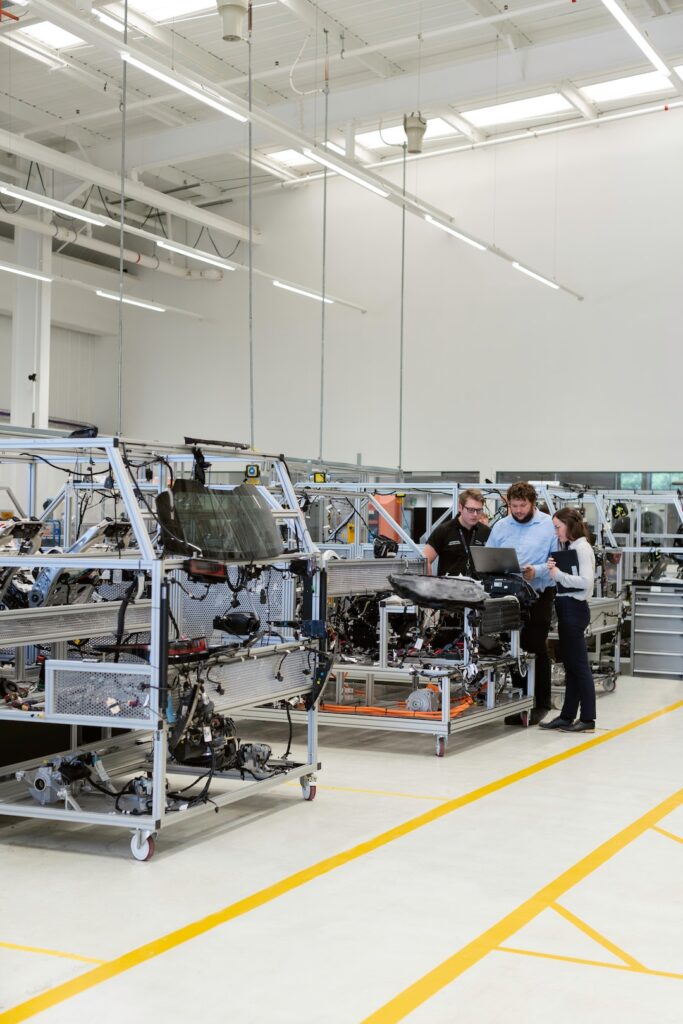Operations and Supply Chain Infrastructure
Most businesses that start as small businesses with limited resources tend to do what it takes for the sake of the business, wearing multiple hats and creating ad hoc tools, processes and systems that only they understand. As the business grows and the team expands, the lack of proper operations infrastructure, processes and tools puts an undue stress on the team jeopardizing the health of the business. This starts a vicious cycle of ever increasing complexity as the inherently inadequate tools are bent to the point of breaking, creating more chaos which leads to more changes in the tools. For the management meanwhile, it becomes difficult, if not impossible, to manage growth as they lose business performance transparency. Reports become routinely delayed. Even when received, they lack clarity and accuracy. At this point, the business either collapses back to a smaller state, goes out of business, or the business undertakes a massive overhaul of the system, usually with a large ERP/CRM solution that exceeds all cost estimates, fails to deliver half of the promises, but allows the business to limp along.



